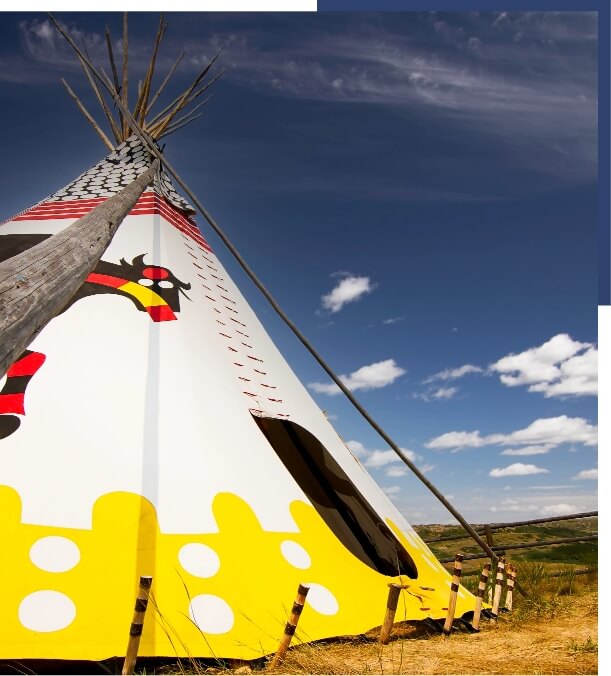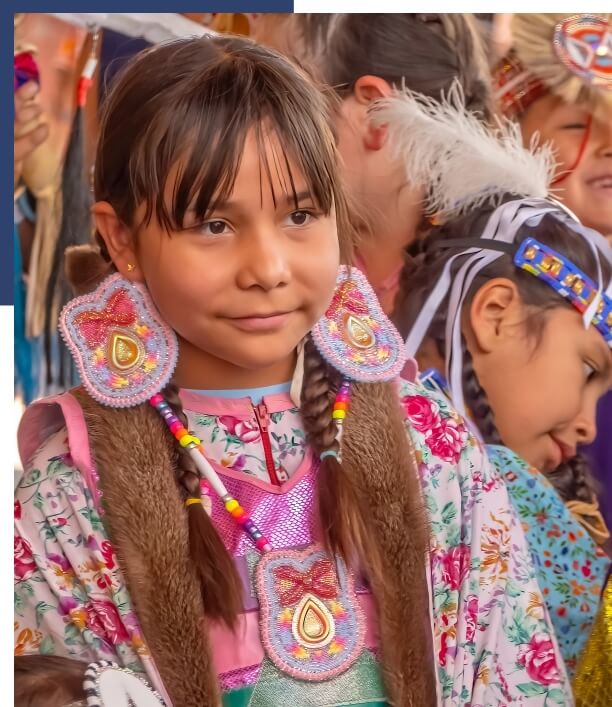Supporting Indigenous governing bodies through strengthened self-governance
For Indigenous communities, effective governance through a strong Indigenous governing body lays the foundation for a strong, successful community. These bodies are crucial in leading communities, implementing their laws, and upholding their rights. At Mincher Koeman, we provide knowledgeable legal guidance and support tailored to the unique needs and aspirations of Indigenous communities and their governing bodies, helping them build capacity, navigate legal complexities, and lead their communities toward a thriving future.

Indigenous communities require independent governance to fully exercise their inherent right to self-determination, enabling them to create laws, policies, and structures that genuinely reflect their culture, values, and needs.

Establishing a formal governing body for Indigenous communities lays a strong foundation for the community and its members. At Mincher Koeman, we help communities achieve this through:
Independent governance allows Indigenous communities to directly shape their own social, economic, and political landcapes, moving beyond external frameworks.
By establishing their own laws, policies, and institutions, Indigenous governing bodies can tailor programs and initiatives t hat genuinely respond to community needs, from education and health to infrastructure and resource management. This control ensures that development is culturally appropriate, sustainable, and directly aligned with the community’s vision and inherent rights, fostering true self-determination and long-term well-being from within.
An Indigenous governing body exercises the inherent right of an Indigenous community to self-determination, meaning it has the authority to make laws, policies, and decisions about its internal affairs and matters on its lands. This can encompass areas like membership, governance, land use, education, social services, and economic development.
Indigenous governing bodies often interact with federal and provincial governments through various agreements, such as self-government agreements and coordination agreements. These relationships are typically based on the principles of nation-to-nation, recognition of rights, and collaboration, aiming to define jurisdictional boundaries and facilitate joint initiatives.
Accountability within an Indigenous governing body is typically ensured through governance structures and practices designed by the community itself. This can include community-developed constitutions, transparent decision-making processes, regular community meetings, financial reporting, and traditional governance mechanisms.

Your path to legal clarity starts here. Let’s explore your legal options together.
Take control of your legal situation. Reach out to our team to begin the conversation, and we’ll help tailor a legal strategy that promises the best chance of success for your case.